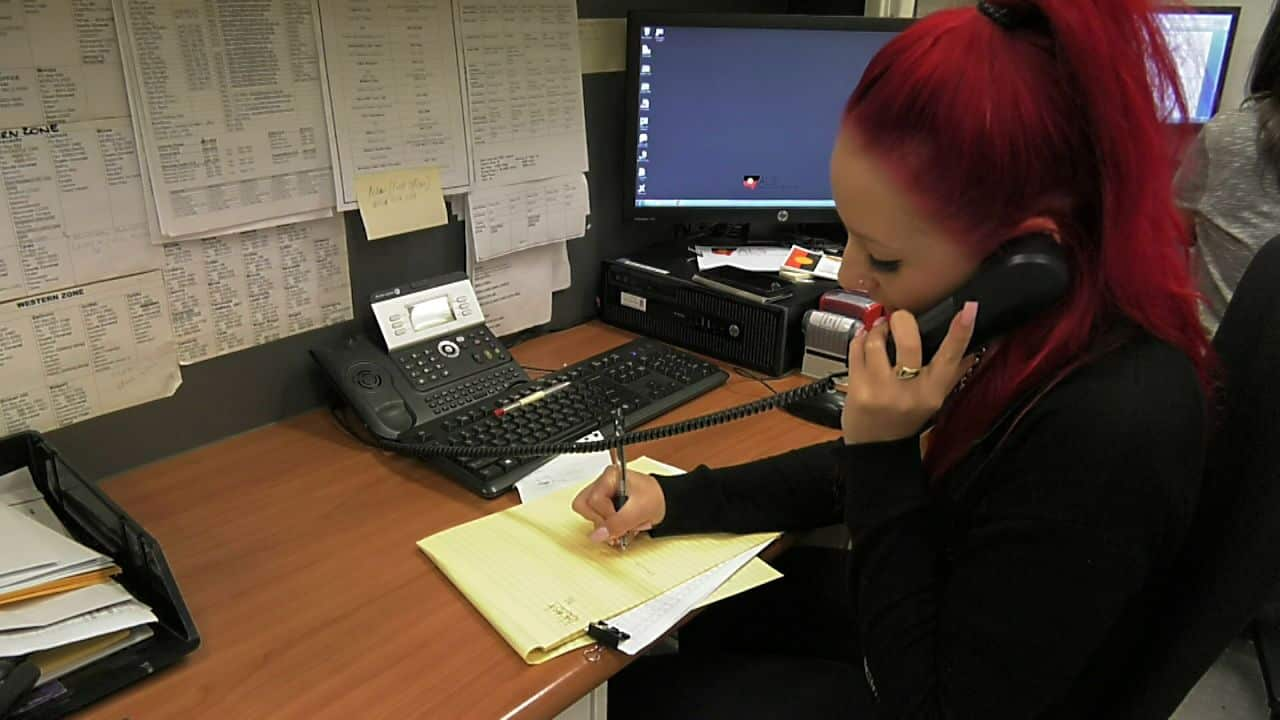With funding from the National Indigenous Australians Agency (NIAA), The Aboriginal Legal Service (ALS) NSW/ACT is creating a digital version of its Custody Notification Service.
Police notifying the ALS whenever an Aboriginal or Torres Strait Islander person is taken into custody was one of the recommendations from the Royal Commission into Aboriginal Deaths in Custody.
What happens when the CNS is contacted?
When the Police phone CNS, clients receive legal advice from an ALS lawyer. The goal is to make sure their fundamental legal rights are respected, resulting in less Aboriginal people being imprisoned.
The ALS lawyer will ask the client about their mental and physical health. Threats of self-harm or suicide, concerns about access to medication and injuries that need medical attention are commonly reported.
Specialist training is given to CNS lawyers, so they know precisely how to respond to these concern, and ensure police meet their duty of care to the client.
The CNS lawyer will contact the client's family with information about their whereabouts, health and safety.
Why it is time for an update
The CNS has been operating for 20 years as a 24-hour legal advice and support hotline. Still, ALS's Principal Legal Officer, Nadine Miles, said the current system is inefficient.
"Outdated technology and reliance on paper-based systems means that our staff are spending significant amounts of time recording and inputting data, but then being unable to effectively analyse and interpret trends in that data – which is crucial to improving the rights and wellbeing of Aboriginal people in custody," said Ms Miles in a statement.
This is why ALS is now working with the University of Technology Sydney's Rapido Social department. Rapido is an advanced technology development unit, focusing on working with not-for-profit organisations to solve problems with hardware and software solutions.
Sophie Richie, Rapido Social's Impact Manager, said the ALS project would create a user-friendly system that makes the data it already collects more useful.
"[The platform will] draw on cutting-edge data analytics and reporting capabilities to make information more readily available for analysis by ALS," said Ms Richie in a statement.
Ms Miles says the project has the potential to strengthen the ALS's advocacy, policy and law reform work.
"An improved database will both inform and enhance ALS functions and also help meet the needs of Aboriginal people who are in custody. Without a good data set, it is not possible to both demonstrate our impact and determine what and where needs are," said Ms Miles.
UTS Law Faculty Professor, Thalia Anthony, said the CNS had been proven to save Aboriginal lives, and this project means it can help even more people.
"It will generate data to improve responses to the needs of Aboriginal people in the criminal justice system and enable longer-term planning for support and wraparound services," said Ms Anthony in a statement.
The project will be launched for NSW and ACT then, if it is a success, nationally.

